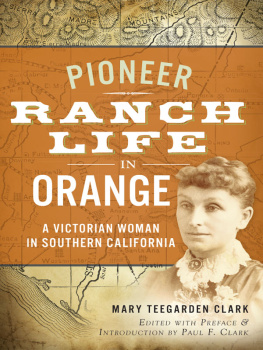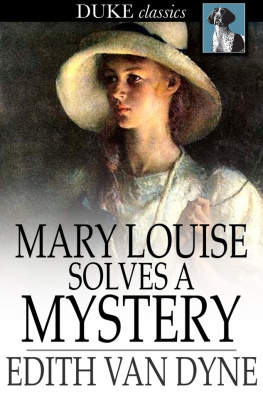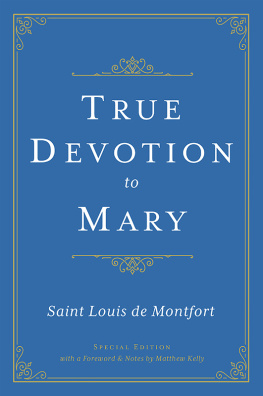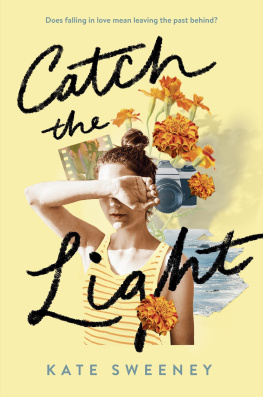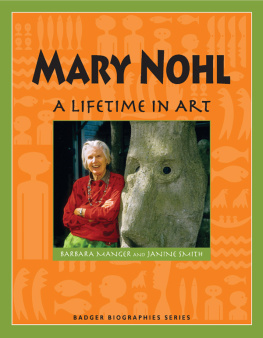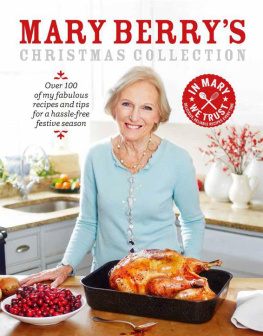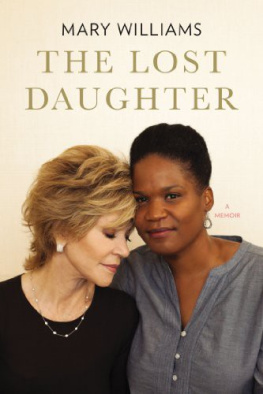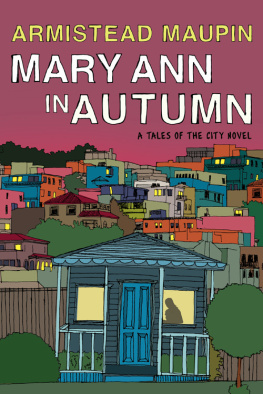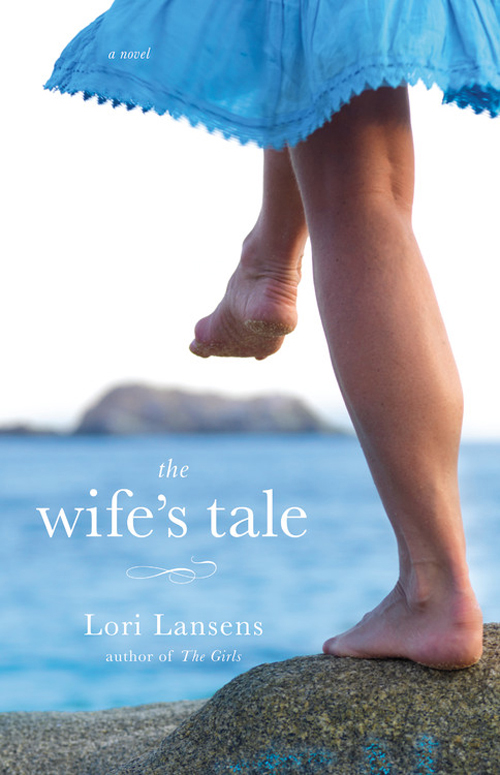Copyright 2009 by LLMT, Inc.
All rights reserved. Except as permitted under the U.S. Copyright Act of 1976, no part of this publication may be reproduced, distributed, or transmitted in any form or by any means, or stored in a database or retrieval system, without the prior written permission of the publisher.
Little, Brown and Company
Hachette Book Group
237 Park Avenue, New York, NY 10017
Visit our website at www.Hachettebookgroup.com
www.twitter.com/littlebrown
First eBook Edition: February 2010
Little, Brown and Company is a division of Hachette Book Group, Inc. The Little, Brown name and logo are trademarks of Hachette Book Group, Inc.
The characters and events in this book are fictitious. Any similarity to real persons, living or dead, is coincidental and not intended by the author.
ISBN: 978-0-316-12202-3
ALSO BY LORI LANSENS
Rush Home Road
The Girls
For Maxim and Natasha
A lone in the evenings, when the light had drained from the slate roof of her small rural home, and when her husband was working late, Mary Gooch would perform a striptease for the stars at the open bedroom window: shifting out of rumpled bottoms, slipping off blousy top, liberating breasts, peeling panties, her creamy flesh spilling forth until she was completely, exquisitely nude. In the darkness, shed beg her lover the wind to ravish her until she needed to grasp the sill for support. Then, inhaling the night like a post-coital cigarette, Mary would turn to face the mirror, whod been watching all along.
The mirror held the image Mary Gooch knew as herself, a forty-three-year-old brunette standing five and a half feet tall, so gilded with fat that hardly a bone from her skeleton could insinuate itself in her reflection. No hint of clavicle, no suggestion of scapula, no jag in her jaw, no scallop in her knee, no crest of ilium, no crook of knuckle, not a phalange in the smallest of her fingers. And no cords of muscle, either, as if she were enrobed by a subcutaneous duvet.
Mary remembered, when she was nine years old, stepping off the scale in Dr. Ruttles office and hearing him whisper the word to her slight mother, Irma. It was an unfamiliar word, but one she understood in the context of the fairy-tale world. Obeast. There were witches and warlocks. So must there be ogres and obeasts. Little big Mary wasnt confused by the diagnosis. It made sense to her childs mind that her body had become an outward manifestation of the starving animal in her gut.
Such a pretty face. That was what people always said. When she was a child they made the comment to her mother, with tsking pity or stern reproach, depending on their individual natures. As she grew, the pitying, reproving people made the comment directly to Mary. Such a pretty face. Implied was the disgrace of her voluminous body, the squander of her green eyes and bow lips, her aquiline nose and deep-cleft chin and her soft skin, like risen dough, with no worry lines to speak of, which was remarkable because, when she wasnt eating, thats what Mary Gooch did.
She worried about what she would eat and what she would not eat. When and where she would or wouldnt. She worried because she had too much or not nearly enough. She worried about hypertension, type 2 diabetes, atherosclerosis, heart attack, stroke, osteoarthritis. The contempt of strangers. The mouths of babes. Sudden death. Protracted death. She worried all the more because all the worry made her sleepless, and in her dreamless hours hosted more worries, about her husband, Gooch, and the approach of their silver anniversary, about her menial job at Raymond Russell Drugstore and about her list, which she imagined not as Things to do but Things left undone.
Weight is only numbers on a scale, she told herself, and her mirror just another point of view. Squinting at her naked reflection when the moon was waxing and the angle just right, Mary Gooch saw beauty in the poetry of her contours, in the expressive, expansive, edible flesh, and understood why an artist sketching nudes might find appealing the mountainous gut, and favor the pocked shore of sloping thigh, and enjoy the depth and shadow of pendulous breasts and multiple chins. A shape ample and sensuous, like the huge round vase handed down on the Brody side of the family, in which she arranged her ditch lilies in the spring. Or like the dunes of virgin snow on the hills beyond her home outside small-town Leaford.
Mary wished to be a rebel against the tyranny of beauty but was instead a devotee, coveting its currency, devouring images in glossy magazines and broadcast TV, especially the kind that chronicled the lives of the rich and famous. She lingered over the body shots, outlining with her fingertips, like an appreciative lover, the rock-hard abdominals and concrete glutes, sinewy arms and pumped deltoidsso daring on a womancoltish legs, wasp waist, swans neck, lions mane, cats eyes. She accepted the supremacy of beauty, and could not deny complicity in the waste of her own.
It was often an unbearable burden for Mary Gooch to carry both her significant weight and the responsibility for it, and she naturally sought to blame. The media was her target, just as it was another of her addictions. She would tear through the pages of her magazines, gratified by the celebrity cellulite, horrified by the gorgeous anorexics, noting the fall must-haves, sneering with the critics about fashion disasters, then realize shed eaten a quart of premium ice cream, coerced by the advertisement beneath the picture of the TV cutie with poor taste in men. Mary knew it was all the medias fault, but finger pointing was too much exercise, and she couldnt sustain the blame for long. Especially since she was so often confronted by the stupid genius of just saying no.
Jimmy Gooch, Marys husband of nearly twenty-five years, read Time and Newsweek and Scientific American and The Atlantic and National Geographic. He watched CNN, even when America was not on red alert, and cable talk shows with clever panelists who laughed when nothing was funny. With Gooch working late most evenings, and busy playing golf on the weekends, Mary reckoned they were down to spending only a handful of waking hours a week together and wished to relieve the silence between them, but didnt share Goochs passion for politics. The couple sometimes found common ground in musing on the vagaries of human nature. Read the essay at the back, Gooch had said recently, tapping her on the head with the rolled-up magazinea gesture she charged was aggressive, but he argued, playful.
The article spoke of the ills of North American culture, the mistaking of acquisition for success, gluttony for fulfillment. Gooch clearly meant for Mary to draw a comparison to her gastronomical indulgence, and she did, but the piece was provocative in its own right, posing the question: Are people generally happier now, with instant access and quick fixes and thousands of channels and brands to choose from, than they were before the Industrial Revolution? Mary instantly decided no. In fact, she wondered if the opposite was true, that in the hardscrabble life of her pioneering ancestors, whose singularity of purpose was clear, there had been no time to ponder happiness. Chop wood. Carry water. It was impossible to imagine that the early Brodys, whod cleared Leaford from the Burger King to the gas station, had ever endured a sleepless night.
Having read enough magazines, and having spent hours lurking in the self-help section, Mary Gooch knew that she wasnt alone in her morbid obesity or her abstract malaise. Symptoms of despair were everywhere, and formulas for success within her grasp. A person could get a good nights sleep and wake refreshed, shed unwanted pounds without dieting, make dinners for six in twenty minutes or less, rekindle sexual passion, and achieve five personal goals by the end of the month. A person could. But in spite of the step-by-step instructions, Mary could not. The


